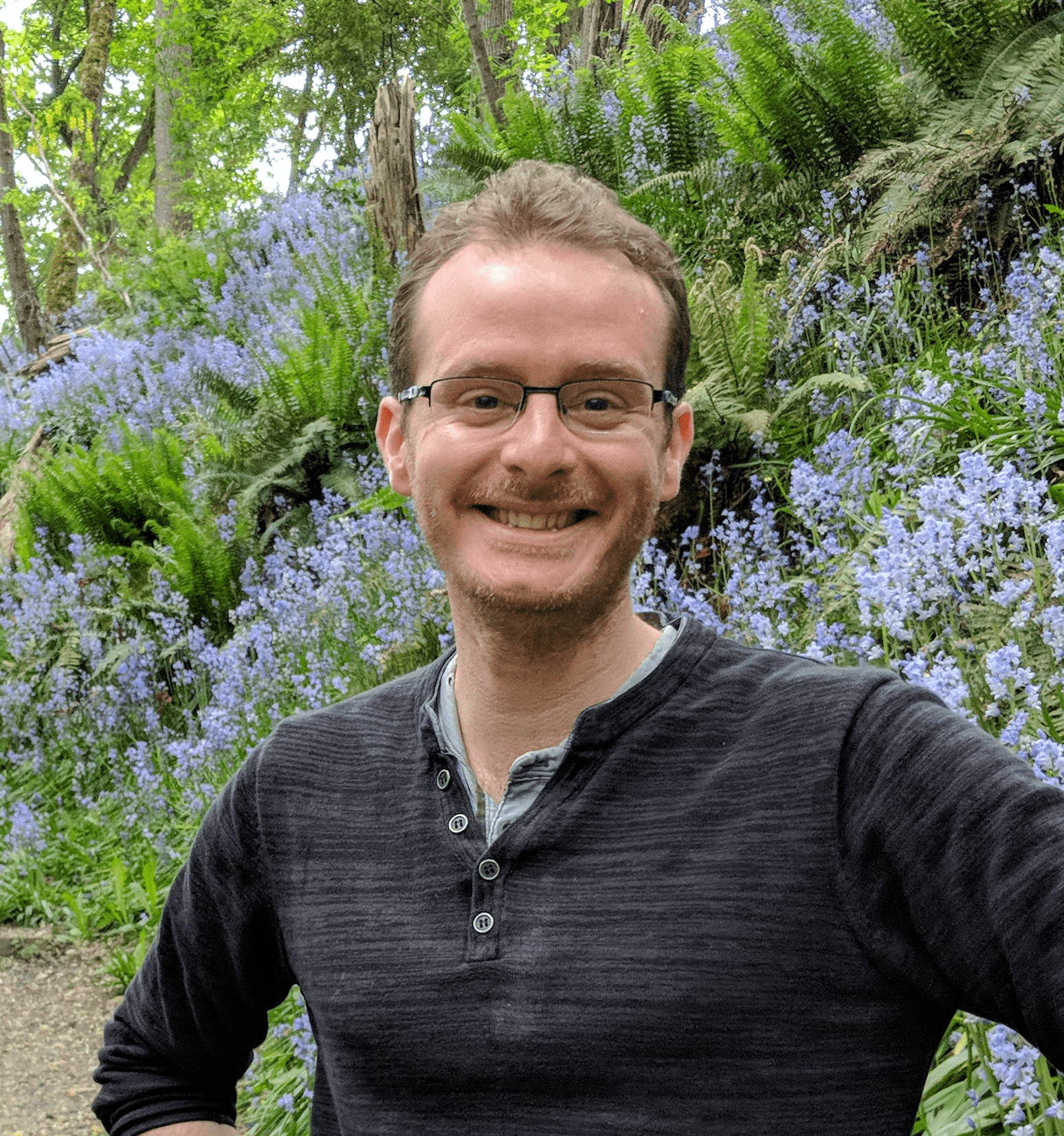Joseph Salmon
Machine learning & data science
I am a statistician and an applied mathematician, with a strong interest in machine learning, optimization and data science.
Since Oct. 2024, I have been a senior researcher at Inria (team Iroko), working with the Pl@nNet team.
In terms of applications, I focus on citizen science, crowd-sourcing and high dimensional statistics. I am also in charge of the doctoral program "Statistics and Data Science" (EDI2S at Université de Montpellier).
Short bio
From 2018 to 2024, I was a full professor at Université de Montpellier and a Junior member of the Institut Universitaire de France (IUF), from 2021 to 2024. For the spring and summer quarters 2018, I was a visiting assistant professor at UW, Statistics department. From 2012 to 2018 I was an assistant professor at Telecom Paris and an associate member at INRIA Parietal Team (now Mind Team). Back in 2011-2012, I was a post-doctoral Associate at Duke university working with Rebecca Willett. In 2010, I finished my Ph.D. in statistics and image processing under the supervision of Dominique Picard and Erwan Le Pennec at the Laboratoire de Probabilités et de Modélisation Aléatoire, now LPSM, in Université Paris Diderot.

Recent Publications
-
On Gossip Algorithms for Machine Learning with Pairwise Objectives
, 2025
-
Conformal Prediction for Long-Tailed Classification
ArXiv e-prints, 2025
PDF -
Class conditional conformal prediction for multiple inputs by p-value aggregation
NeurIPS, 2025
PDF -
A Two-Head Loss Function for Deep Average-K Classification
Proceedings of the Winter Conference on Applications of Computer Vision (WACV), 2025
PDF -
Cooperative learning of Pl@ntNet's Artificial Intelligence algorithm: how does it work and how can we improve it?
Methods in Ecology and Evolution, 2025
PDF Code Dataset -
peerannot: A framework for label aggregation in crowdsourced datasets
JDS 2024 - 55es Journées de Statistique, 2024
PDF Code
A full list of publications can be found here.
News
- Sept. 2024: I’ve joined Inria as a senior researcher (Team: Iroko, Montpellier)
- Sept. 2023: ANR VITE (PI: B. Thirion, theme: variable importance / explainability) accepted.
- April 2023: STATLEARN 2023 in Montpellier
- Nov. 2022: https://ml4lifesciences.sciencesconf.org/
- March 2022: visitor at the Simons Institute for the Theory of Computing
- July 2021: IUF Nomination (junior member): https://www.iufrance.fr/detail-de-lactualite/247.html
- Nov. 2020: Launching ML-MTP Machine Learning in Montpellier, Theory & Practice.
- Dec. 2019: The ANR AI chair proposal CaMeLOt (CooperAtive MachinE Learning and OpTimization) has been selected.
- May 2019 : Workshop in Montpellier Graph signals : learning and optimization perspectives
Contact
If you want to connect please reach out via email joseph.salmon@inria.fr or Mastodon.
You can also write or visit me:
IMAG, c.c. 051
Université de Montpellier
Place Eugène Bataillon
34095 Montpellier Cedex 5
Offices:
- 02/226 Building 5 St Priest
- 415, building 9, FDS

